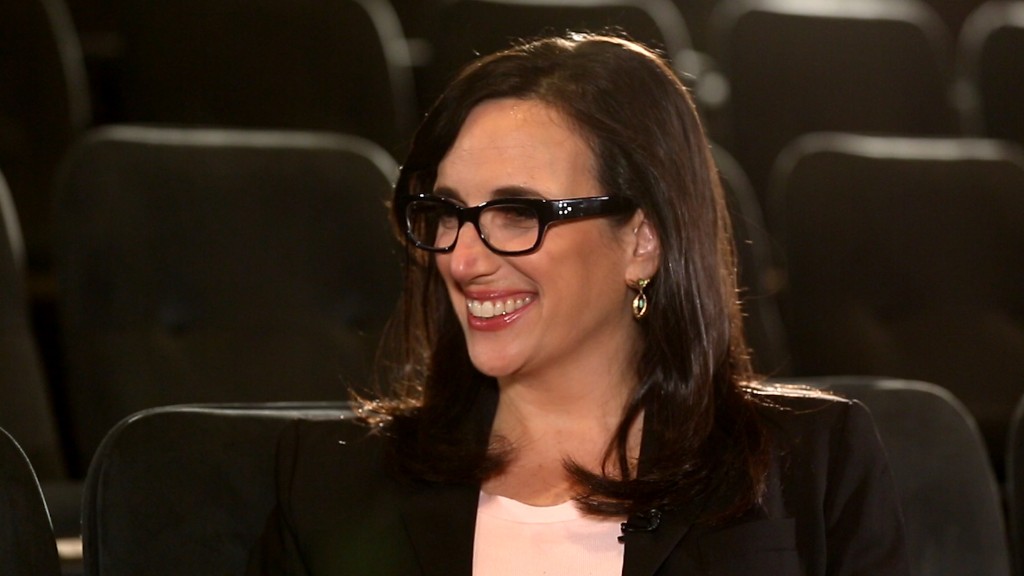
It's time to talk to your teenager about money.
The teen years may be the first time kids start to earn their own money. And establishing good habits now can pay dividends well into their future.
Plus, teaching kids to be smart about money will have benefits for parents too.
"Clients that have been more transparent with their kids tend to have children that are smarter with money,' said Bill Van Sant, a certified financial planner and senior vice president at Univest Wealth Management. "Parents that may not be as transparent tend to have children that stay in the house a little longer."
But it's hard to know where to start -- especially if parents don't have a solid grasp on their own finances.
The first step is to avoid making money talks into lectures, said Ted Beck, CEO of the National Endowment for Financial Education. "Do it in reasonable sound bites and make it a discussion."
And don't forget: While talking about money is important, children are also very observant so parents need to practice what they preach.
1. How to create a budget
Experts recommended teaching kids how to track their money before they start earning paychecks and the stakes are higher.
If a teen has a cash flow from a part-time job or an allowance, set up a budget that documents how much money is coming in and how much is designated for savings and spending.
Parents can also show their children their own budgets. If they aren't comfortable with divulging their own finances, parents can also create a fictional scenario of an income and living expenses. Bonus points if it's based on the teen's wanna-be profession and living location.
Related: This is why you need a weekly budget
It can also help to have a teenager be responsible for funding part of their lifestyle to help teach the value of money.
"When they make the connection that they will need to go shovel more dog poop or take out the trash to get more money to spend, they will make the connection between working and money and not spending other people's money," said Gregg Murset, a CFP and founder of chores app BusyKid.
2. The real cost of life
Our increasingly cash-less society can make it hard for children to understand the true cost of their spending. Experts recommend parents take the time to walk teenagers through their financial transactions.
For instance, the 16th birthday milestone is often marked with a driver's license and freedom to hit the road. But this new freedom comes at a hefty cost to parents. Beck recommended sharing the insurance policy with a teen. "Share the policy and the huge jump in rates for the child compared to the parents. Don't forget to also show the cost of gas and maintenance."
Related: How to get out of the overspending trap
Having a child watch you pay bills can also help show the importance of living within your means, said Murset. Have them watch from start to finish: show them your bank account balance, the bill amount and then the pending transaction in your bank account where the payment will come from.
3. How to read a paycheck
It's important to show children the source of the funds that cover all those credit card swipes, bill payments and cash injections, said Van Sant.
Show them how much is taken out for taxes, retirement and health insurance, he recommended. "This shows there isn't an endless amount of money," he said.
Teaching a kid how to read a paycheck can also avoid future head scratching when the first one comes in and it's a lot less than what they expected
4. The difference between "good" vs. bad debt
Debt can be a necessary part of adulthood, but parents should teach their children how to distinguish the "good debt" from the bad.
Money borrowed at a relatively low interest rate that helps you grow wealth over the long run -- like a mortgage or a student loan -- is considered good debt. High-interest consumer debt is the "bad" kind.
"If you borrowed money on a credit card for a road trip, that might be a good memory, but you should be using debt to acquire an asset or skill that is going to prove to serve you, Beck said. "Look at what you are getting over time from the debt."
